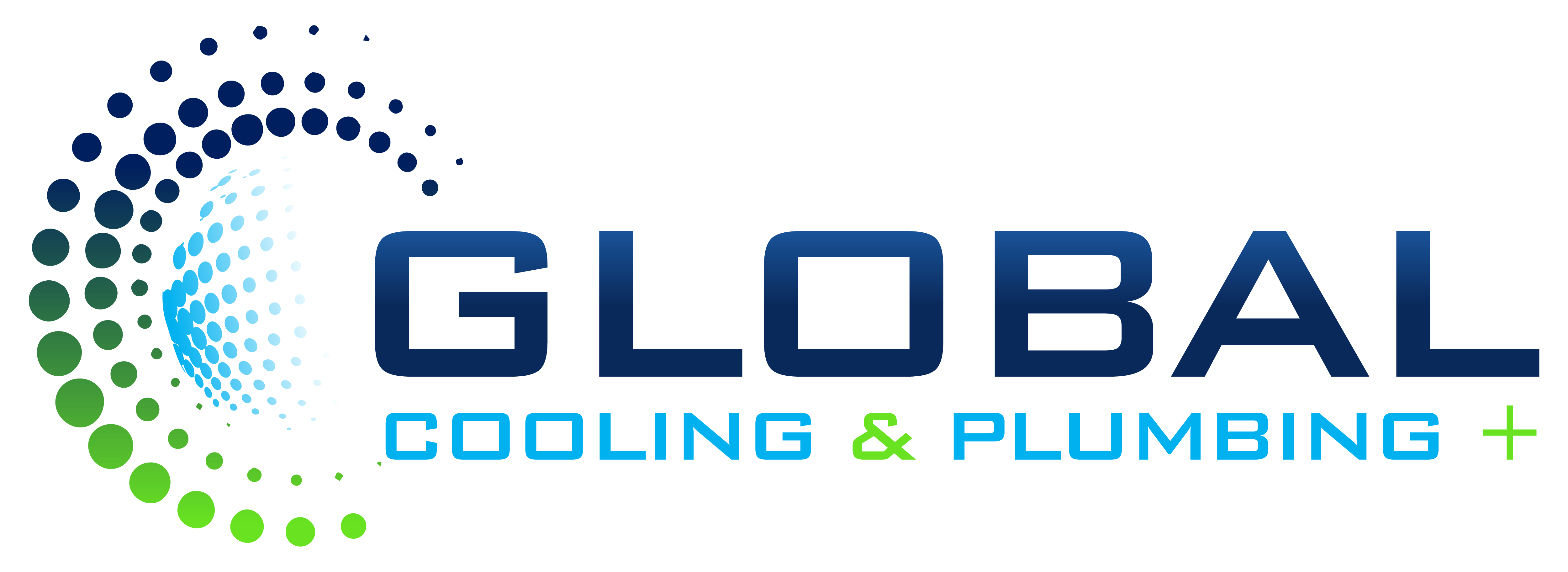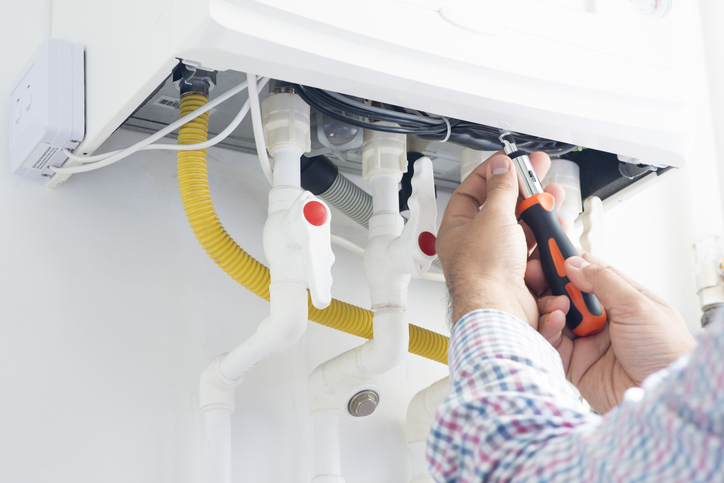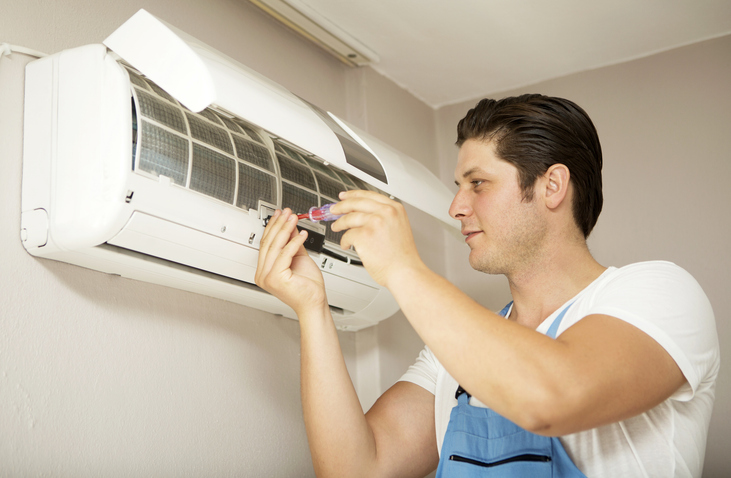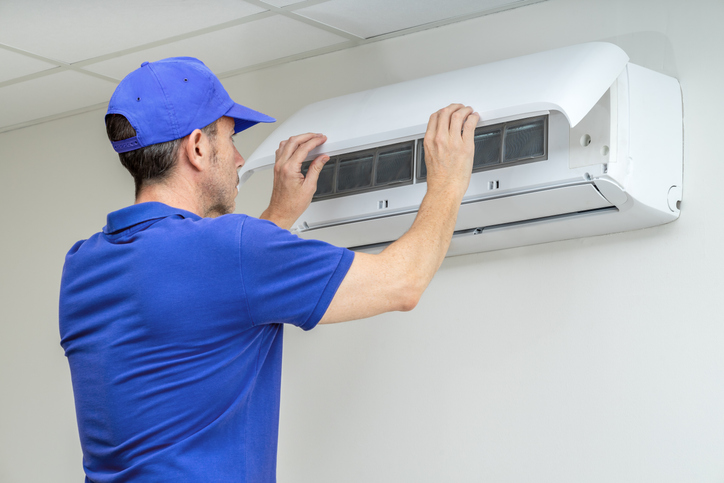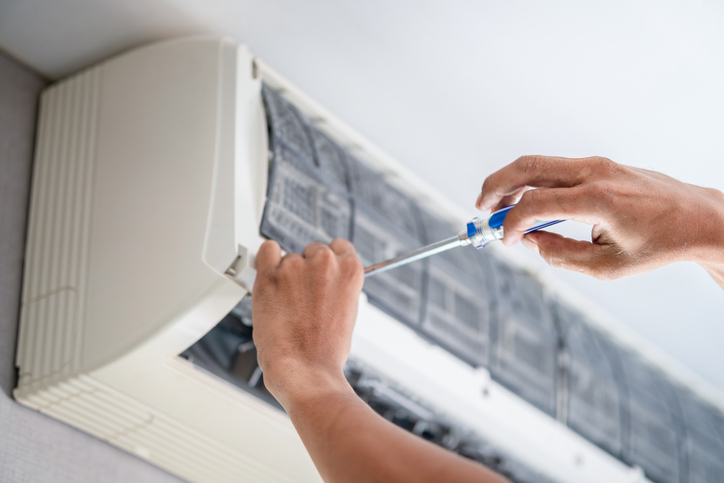Water heaters play a vital role in every household, ensuring a consistent supply of hot water for daily needs. However, many homeowners overlook the importance of regular water heater service. Ignoring upkeep can lead to more than just inconsistent water temperatures; it can result in significant energy waste, increased utility bills, and potentially costly repairs. In this article, we’ll explore how neglecting water heater maintenance can lead to energy inefficiency and offer practical steps to keep your system in optimal condition.
1. Sediment Buildup Decreases Efficiency
One of the most common issues resulting from poor water heater service is sediment buildup inside the tank. Over time, minerals such as calcium and magnesium found in hard water accumulate at the bottom of the heater. As this layer of sediment thickens, it creates a barrier between the heating elements and the water. Consequently, the water heater has to work harder and consume more energy to heat the same amount of water. Sediment buildup not only reduces energy efficiency but also shortens the lifespan of the unit. Regularly flushing your water heater can prevent this problem, maintaining energy efficiency and preventing premature breakdowns.
2. Thermostat Malfunctions Lead to Overheating
Water heaters are equipped with thermostats that regulate water temperature. However, these thermostats can malfunction over time due to wear and tear. A faulty thermostat may cause the heater to overheat the water, consuming excess energy and increasing utility bills. In extreme cases, overheating may even pose safety risks, such as scalding or damage to the water heater itself. Routine maintenance includes checking the thermostat’s settings and functionality to confirm that the water heater is operating efficiently and safely. Catching and fixing thermostat issues early can significantly reduce energy waste.
3. Leaking Water Heaters Waste Both Water and Energy
A neglected water heater is more likely to develop leaks, which can be both wasteful and costly. Even a minor leak can lead to significant water loss, forcing the system to work overtime to maintain a hot water supply. This constant reheating increases energy consumption. Furthermore, if the leak isn’t detected early, it can cause structural damage to your home, leading to expensive repairs. Regular inspections of your water heater can help detect leaks before they become major problems. A timely fix not only saves water but also prevents the system from unnecessarily wasting energy.
4. Corroded Components Reduce Efficiency
Corrosion is a common issue in water heaters, especially in older models or units that haven’t received regular maintenance. The sacrificial anode rod inside the tank is designed to protect the heater from rusting by attracting corrosive elements in the water. Over time, this rod corrodes and needs to be replaced. If neglected, the tank and other components may start to corrode, significantly reducing the heater’s efficiency and increasing the risk of a system failure. Routine maintenance involves checking the condition of the anode rod and replacing it as necessary. This simple step can prevent rust buildup, maintaining the system’s energy efficiency and prolonging its life.
5. Unmaintained Insulation Increases Heat Loss
Insulating your water heater and the surrounding pipes is essential for retaining heat. Poor insulation leads to excessive heat loss, which forces the water heater to work harder to maintain the desired water temperature. In older models, insulation may degrade over time, further increasing energy waste. Checking and updating the insulation around your water heater during maintenance can make a significant difference in energy efficiency. It reduces standby heat loss, ensuring that your system doesn’t have to use unnecessary energy to keep water hot.
6. Failing Heating Elements Consume More Energy
In electric water heaters, heating elements are responsible for warming the water. These elements can degrade or fail over time due to constant use, leading to reduced efficiency. When the heating elements aren’t functioning smoothly, the water heater has to work longer and harder to heat the water, resulting in increased energy consumption. During routine maintenance, technicians can check and replace worn-out heating elements, restoring the water heater’s efficiency and reducing energy waste. Regular inspections assures that small issues with the heating elements don’t escalate into costly problems.
7. Inconsistent Temperatures Increase Energy Demand
A well-maintained water heater provides consistent water temperatures, allowing users to set and forget their preferred temperature. However, neglecting maintenance often results in fluctuating water temperatures. When homeowners experience inconsistent water heat, they might adjust the thermostat higher than necessary, causing the heater to consume more energy than needed. By scheduling regular maintenance, you can guarantee that your water heater delivers consistent water temperatures, reducing the temptation to increase energy usage unnecessarily.
8. Shorter System Lifespan Means Premature Replacements
Neglecting maintenance doesn’t just lead to energy inefficiencies; it also shortens the overall lifespan of your water heater. Systems that aren’t regularly serviced are more prone to breakdowns and premature failure, which means homeowners will face the high cost of replacement sooner than necessary. Newer, energy-efficient models might save energy in the long term, but the upfront costs of replacing a water heater can be significant. Regularly maintaining your water heater confirms that it operates efficiently for its full expected lifespan. Not only does this reduce energy waste, but it also postpones the financial burden of buying a new unit.
Neglecting water heater maintenance can lead to significant energy waste, driving up your utility bills and putting unnecessary strain on your system. From sediment buildup to corroded components, the effects of poor maintenance are numerous and costly. Regular maintenance, including flushing the tank, checking the thermostat, replacing worn components, and ensuring proper insulation, can prevent these issues and keep your water heater operating at peak efficiency. In the long run, taking the time to maintain your water heater not only saves energy but also extends the life of the unit, saving you money on repairs and replacements.
Don’t let neglect cost you! Schedule essential water heater maintenance with Global Cooling & Plumbing+ to enhance efficiency and save money. Call us at (830) 992-7887 today for your appointment!
